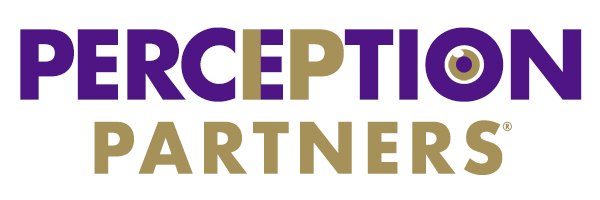Due Diligence for a (Rush) Micronized Biopolymer Manufacturer Acquisition
The Chief IP Counsel of an industrial products manufacturer sought IP due diligence expertise to improve M&A decision-making. They faced a short deadline to express interest in a micronized biopolymer company acquisition, with a near-$1 billion minimum bid required.
Growing into eco-friendly alternatives. Micronized biopolymers provide eco-friendly alternatives to using microplastics. Micronized biopolymers have applications in consumer, industrial and pharmaceutical products. Our clients on the legal team were supporting the corporate development function to evaluate risks related to candidate R&D, technology operations, and IP portfolio quality.
Identifying seminal candidate IP. The legal team requested a micronized biopolymer IP & technology landscape analysis in our Intellar dashboards that visualized the candidate portfolio as mapped against customer, supplier, partner and regulator competitive IP intelligence. The landscape dataset was expertly curated, categorized and patent-quality-scored. The result surfaced seminal IP, key citing parties, material collaborations, alliance participation and strong supplier/regulator influences.
Seeking post-acquisition growth and risks. New markets (for the candidate IP) with higher value were mined from category trends in the landscape, and were prioritized to assess where further growth could occur if the acquisition closed with our client. To assess risks, IP workarounds to the candidate IP were surfaced/contemplated at a high level. Relevant workaround references or concepts were found to be those that achieved comparable biodegradability and sustainability attributes, and were associated with large players, litigious entities, hot startups and out-licensing research institutions.
Dealing with the dealroom. The chief IP counsel and team gained a rapid understanding of where foundational IP protection existed for the candidate in its current market, as well as understanding of potential new market overlaps. Our expert IP landscaping, patent mapping and insight development enabled the legal team to populate a rapidly evolving online dealroom with the due diligence required to support a corporate development decision.
Results: Making a “no-go" decision confidently. Ultimately the deal did not occur. We were among those on the team showing that: the IP was likely only partially protected with growing workarounds identified; a high relative R&D expense was expected to maintain and grow from that starting point; and the largest part of the technology value was with a very large customer that could potentially compete with their own IP or improvements if so motivated.

